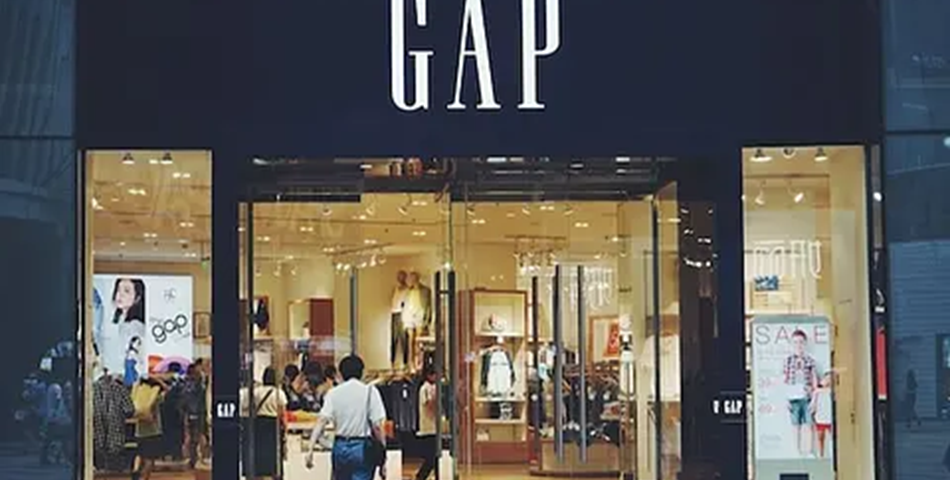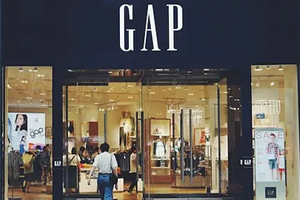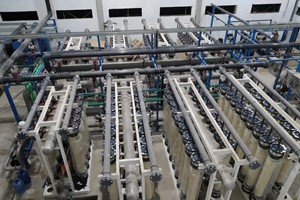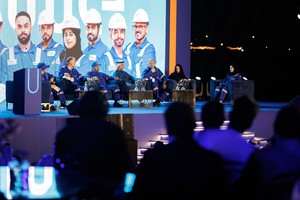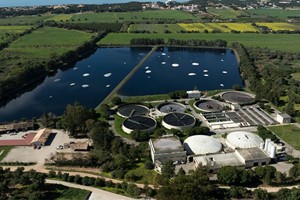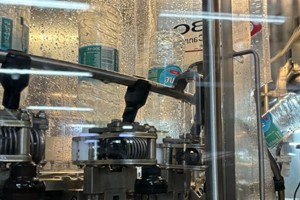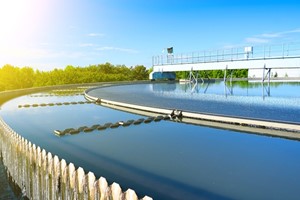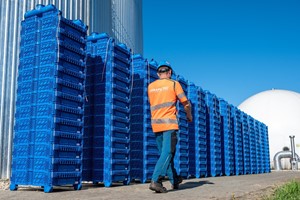The Water Resilience Coalition (WRC) is launching the Women + Water Collaborative to improve water and sanitation access in India with the collaboration of Gap Inc., Cargill, GSK, WaterAid, and the WRC, targeting the Krishna and Godavari basins in a cross-sector effort to address water issues.
Gap Inc., Cargill, and GSK, in collaboration with WaterAid and the Water Resilience Coalition (WRC), are launching an initiative to enhance health, livelihoods, and climate resilience in water-stressed communities in India. The project will initially concentrate on the Krishna and Godavari River basins. The WRC is associated with the CEO Water Mandate, a partnership between the UN Global Compact and the Pacific Institute, reflecting a significant cross-sector effort for positive impact.
Pioneering Cross-Sector Collaboration for Water Resilience
Various companies spanning apparel, biopharma, and agriculture sectors have united in an unprecedented collaboration to address water and sanitation challenges in communities. This marks a historic initiative, following the success of the USAID Gap Inc. Women + Water Alliance, which benefited 2.4 million people in India from 2017 to 2023. The current project is one of 21 collective efforts across 15 basins globally, aligning with the Water Resilience Coalition's 2030 target to enhance water resilience in 100 Priority Basins.
The Women + Water Collaborative aims to improve water availability and quality in priority river basins, focusing on water replenishment and conservation practices like rainwater harvesting. The initiative also strives to provide communities with safe drinking water and climate-resilient sanitation and hygiene infrastructure. Recognizing the vital role of women in rural India in water activities, the program seeks to empower women's leadership to enhance water resilience, security, and equitable access to water and sanitation on a large scale.
Leadership and Commitment: Uniting for Global Water Resilience
Sanda Ojiambo, CEO of the United Nations Global Compact and Co-Chair of the Water Resilience Coalition, stresses the crucial role of collaboration in achieving the ambitious goals of the WRC's 2030 strategy. She highlights that participating companies, as part of the Forward Faster Water Resilience Target, are united in an alliance focused on collective action to address water resilience challenges.
Dan Fibiger, Head of Global Sustainability at Gap Inc., underscores the company's commitment to innovation through initiatives like the Women + Water Collaborative. This collaborative effort aligns with Gap Inc.'s history of creating inventive programs in collaboration with nonprofits and the public sector. Fibiger emphasizes the mobilization of corporate partners across various sectors, including food, fashion, and biopharma, to drive large-scale sustainability. Similarly, Michelle Grogg, Vice President of Corporate Responsibility at Cargill, highlights the importance of partnerships and collective action in improving access to safe drinking water and sanitation. Cargill actively participates in the Women + Water Collaborative, expressing satisfaction with its role in achieving shared ambitions.
WaterAid will launch the program in five Indian states and six priority districts, and they are actively seeking additional corporate partners to expand their reach. Kelly Parsons, CEO of WaterAid America, underscored the urgent need for corporate collaboration to solve the water crisis and achieve sustainable development goals. She said, "We know that solving the water crisis is a business imperative. We also know that none of the sustainable development goals will be achieved without global collaboration and partnership. By coordinating large, multi-stakeholder partnerships, we create a holistic impact at scale. That's the power of collective action."
edited by Yehya Aoun



